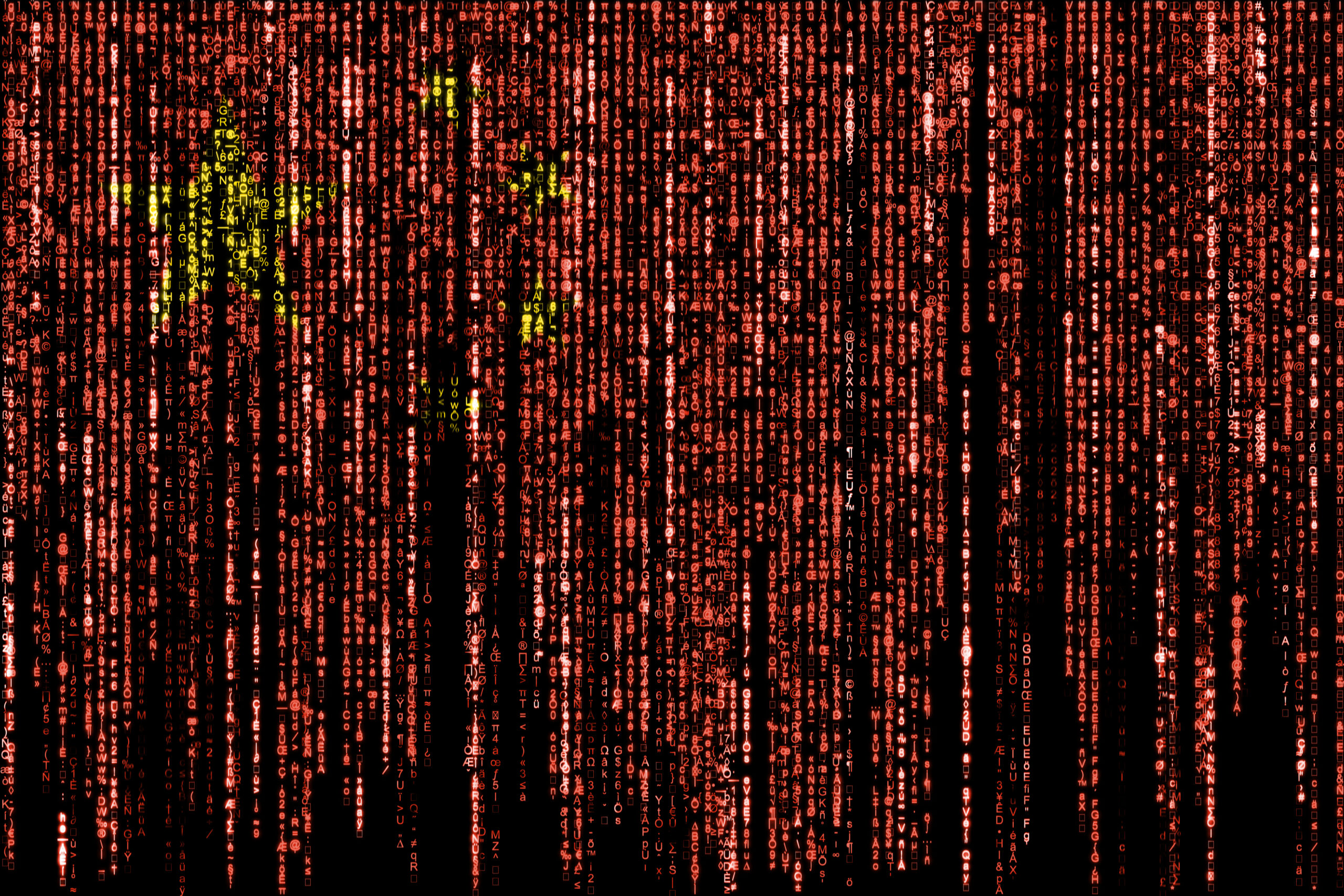
Flag of China on a computer binary codes falling from the top and fading away. (Getty images)
WASHINGTON — The launch of a new interagency “strike force” is designed to safeguard US technology from foreign adversaries by hardening supply chains and ramping up the enforcement of export controls, according to the US deputy attorney general.
“We will use intelligence and data analytics to target illicit actors, we will enhance our public and private partnerships to harden our supply chains and we will identify early warning of threats to our critical assets, like semiconductors,” Lisa Monaco said Feb. 16 during a speech at Chatham House. “Our goal is simple, but it’s essential — to strike back against adversaries trying to siphon off our best technologies.”
The Disruptive Technology Strike Force will be led by the Justice and Commerce departments and bring together “top experts to attack tomorrow’s national security threats today,” Monaco added.
“So in this instance, with the strike force, what I envision us doing is pooling our experts in the United States, our…prosecutors nation-wide, our experts on the technology that is at risk and working with both the intelligence and national security and law enforcement communities across the United States — and yes our partners,” she said.
“What are the insights that we can glean and use together to target those export supply chains that may be misused and abused to fuel the abuse by autocratic governments of this disruptive technology?”
A Justice Department press release lays out more specific efforts under the strike force, including “investigating and prosecuting criminal violations of export laws…fostering partnerships with the private sector; leveraging international partnerships to coordinate law enforcement actions and disruption strategies” and “utilizing advanced data analytics and all-source intelligence to develop and build investigations.”
Lindsay Gorman, senior fellow for emerging technologies at the German Marshall Fund’s Alliance for Securing Democracy, said in a statement to Breaking Defense that a potential challenge to the approach “will be building and harnessing the technical resources in data analytics” across the departments.
“The initiative represents a rarely-seen depth of interagency focus on emerging and disruptive technologies in a national security context, with the potential to harness new techniques and tools to mitigate autocratic threats,” Gorman said. “In the best case scenario, this initiative will help shore up vulnerabilities to illicit technology transfer and violations of export controls on emerging technologies.”
During her speech at Chatham House, Monaco shared concerns about Chinese-owned video sharing app TikTok. In 2020, the Committee on Foreign Investment in the United States asked Chinese company ByteDance to divest TikTok over user data concerns and an agreement has yet to be reached.
“Look, the bottom line is China has been quite clear they are trying to mold and put forward the use of norms around technologies that advance their…interests,” she said. “Those interests that are not consistent with our own. Their interests, which are fueled by and directed toward an authoritarian approach to their government, and that is not consistent with our own.”
L3Harris selloffs hampered by low bids, CEO says
“To the extent we can get a good price for what we’ve identified as non-core [businesses], we’ll do it. But too many of the offers are coming in low and people think we’re desperate to sell, and I can assure you we’re not,” said L3Harris CEO Chris Kubasik.


























